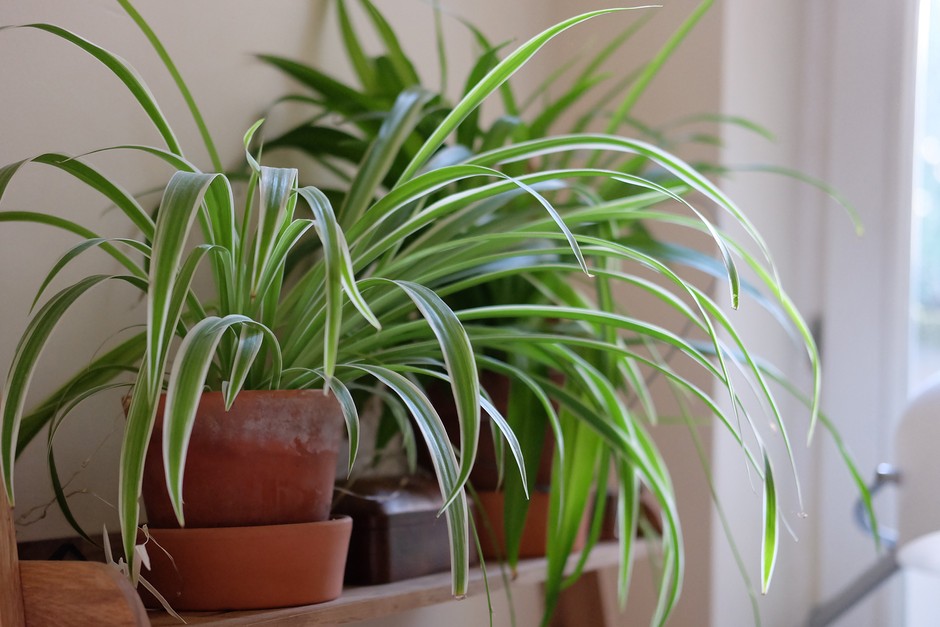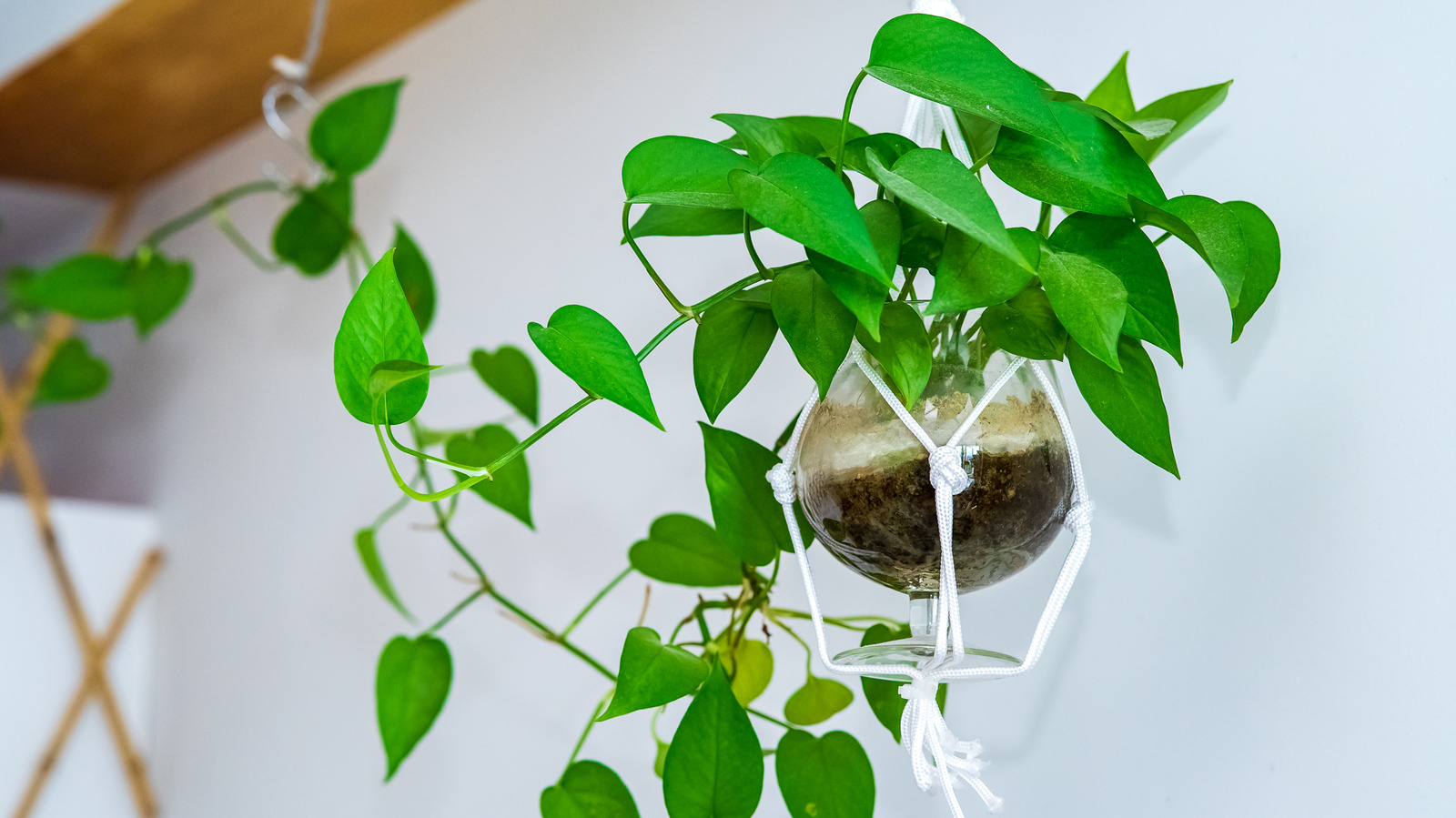houseplants safe for dogs and cats: Pet-Friendly Plants for Your Home
Introduction
Being a pet parent is an incredible privilege and part of it is also decorating for oneself, and our furry friends, a healthy home filled with houseplants. Regardless of this, there are some plants that are poisonous to dogs and cats, and if consumed may cause severe health implications in your pet. Luckily for all the pet owners, there are numerous plants that are safe to be around your pet, and still give the blessings of greenery.
In today’s article, you will learn about the best kinds of the houseplant, the ways to take care of them and the answers to the most frequent questions about keeping the pet protected from the harm caused by plants.
Understanding The houseplants safe for dogs and cats:
Now that you’re ready to explore what plants could safely be placed around your home let’s first define in brief what makes certain plants safe or lethal to dogs and cats. It should be noted that in many plants, there are chemical or compounds found which have toxic effects or allergens when taken raw. Signs of plant poisoning include vomiting, drooling, lack of energy and problems with their digestion system.

This means that, selecting plants which are safe for pets are useful in reducing these health risks. Here are some factors to consider when selecting plants:
- Ingestion Risk: Young and young at heart can be curious and bored and can chew plants as dogs may do and cats as well.
- Type of Plant: There are generally some plants that contain toxic elements than others and most of the flowering plants are toxic.
- Plant Size and Placement: Refrain from placing your plants at areas accessible to pets such as table tops, floor, shelves within pet’s range or reach, or any other areas a pet can access.
Pet-Safe Houseplants
Indeed, there are many houseplants that do not harm your dog or cat in any way. Okay, let’s take a closer look at some of the most suitable ones.
1. Spider Plant (Chlorophytum comosum)
- Toxicity: Non-toxic
- Care: Low maintenance plant, tolerates low light conditions and requires water only when the soil feels dry to the touch.
- Why It’s Safe: Spider plants are safe for dogs and cats and are also air purifying plants.

2. Boston Fern (Nephrolepis exaltata)
- Toxicity: Non-toxic
- Care: Admirer of wet conditions or if well-drained, partial shade to shade. It should always be moist but not waterlogged at the same time.
- Why It’s Safe: Boston ferns have no toxicity to both dogs and cats and love humidity which makes them suitable in the bathroom.
3. Areca Palm (Dypsis lutescens)
- Toxicity: Non-toxic
- Care: Likes bright but indirect light conditions and requires frequent watering. Water when the top of the soil feels dry to the touch.
- Why It’s Safe: Anyone with pets can attest that this plant is safe for pets and also gives that tropical look everyone wants.
4. Calathea (Calathea spp.)
- Toxicity: Non-toxic
- Care: It requires low to medium light and high humidity. The soil should be moist at all the relevant times.
- Why It’s Safe: Calciferol derived from calatheas are not toxic in any way to the pets and what is fascinating about calatheas are the brilliant colored foliage.

5. Parlor Palm (Chamaedorea elegans)
- Toxicity: Non-toxic
- Care: Is a nocturnal plant and must be grown in environment with high humidity level. In this case water your plant when the soil feels dry to touch.
- Why It’s Safe: This palm is safe for your pets and enhances the beauty of your home or offices upon placement.
6. Prayer Plant (Maranta leuconeura).
- Toxicity: Non-toxic
- Care: Low to medium prefer light conditions and require moderate amount of water. There is one thing, though, and that’s that it’s ideal if the plant is kept in an area that has some humidity.
- Why It’s Safe: Although, the colourful leaves of this plant – which gives the plant its stunning look – is safe for use around pets.
7. Bamboo Palm (Chamaedorea seifrizii)
- Toxicity: Non-toxic
- Care: With regard to light, it prefers indirect sunlight and water logging favors this plant. It is low maintenance and ideal for households with pets or with children.
- Why It’s Safe: Bamboo palm is supposedly non toxic and is purported to filter the air besides being friendly to our pets.

How to Care for Pet-Safe Plants
Taking care of your houseplants requires some standard precautions but making them safe for your pets is important. Here are some tips:
Watering and Light
All houseplants do not need direct light: majority of the plants are known to do well with indirect light. Do not expose them to direct sunlight since its can burn the leaves of the plant.
It is advisable to water your plants from time to time but not necessarily allow too much water on your plants. If the soil feels dry, then water it otherwise there’s no need.
Placement
– You should put plants on the upper shelves or hang them in such areas where your pets cannot access easily. If the branch is within the easy reach for a cat or dog the may decide to nibble on the leaves.
Instead, for large plants maintain a no pet zone around them.
Regular Inspection

– Keep an eye on your plants for any signs of pests or disease. Healthy plants are more likely to be safe for your pets.
– Ensure there’s no buildup of dead leaves, as these can become a choking hazard.
Table: Comparison of Pet-Safe Houseplants
|
Plant Name |
Light Requirements | Watering Needs | Why It’s Safe for Pets |
|---|---|---|---|
| Spider Plant | Indirect light | Water when soil is dry | Non-toxic to both cats and dogs |
| Boston Fern | Indirect light, humid | Keep soil moist | Safe for cats and dogs, easy to grow |
| Areca Palm | Indirect light | Water when topsoil is dry | Pet-friendly and visually appealing |
| Calathea | Low to medium light | Keep soil moist | Non-toxic, decorative foliage |
| Parlor Palm | Low light, humid | Water when soil is dry | Safe for pets and adds elegance to your space |
| Prayer Plant | Low to medium light | Keep soil moist | Vibrant foliage and non-toxic |
| Bamboo Palm | Indirect light | Water when topsoil is dry | Non-toxic and great for air purification |
FAQs About Pet-Safe Houseplants
Q: Are there any plants which pose no threat whatsoever to my pets?
A: Some of the lovely plants we have at home could be very dangerous for the pets we cherish so much. A plant must be taken carefully before one decides to introduce it into his compound or home. To be on the safe side always choose the plants that are marked as safe to be around dogs as well as cats.
Q: If your pet has consumed a plant in your house or in your compound, then what should you do?
A: In case you realize that your pet has ingested a poisonous plant, you should consult the veterinarian. The signs of poisoning depend on the specific toxin: general signs include vomiting, diarrhoea and drowsiness.
Q: What steps can be taken not to let your pet consume plants?
A: Put plants where it is difficult for people to reach it, for instance on top shelves, or in hanging baskets. Another option you haven’t considered is spending on pet-safe sprays that are aimed to discourage your pets from chewing on plants.

Conclusion
Wanting to have houseplants in your home does not have to be an issue when you own a pet. To such an extent, to obtain a gorgeous green territory where enthusiasts of boasting beautiful green territory will be recommended to choose the best products by contacting companies that produce such goods to offer safe solutions for keeping four-legged companions safely. This list above is some of the best non toxic plants for the owners of dogs and cats. Just as before; if you follow general precaution measures and make sure that your plants are out of reach, then you can cohabit without any issues. Safety first, and have fun with nature in a space!

